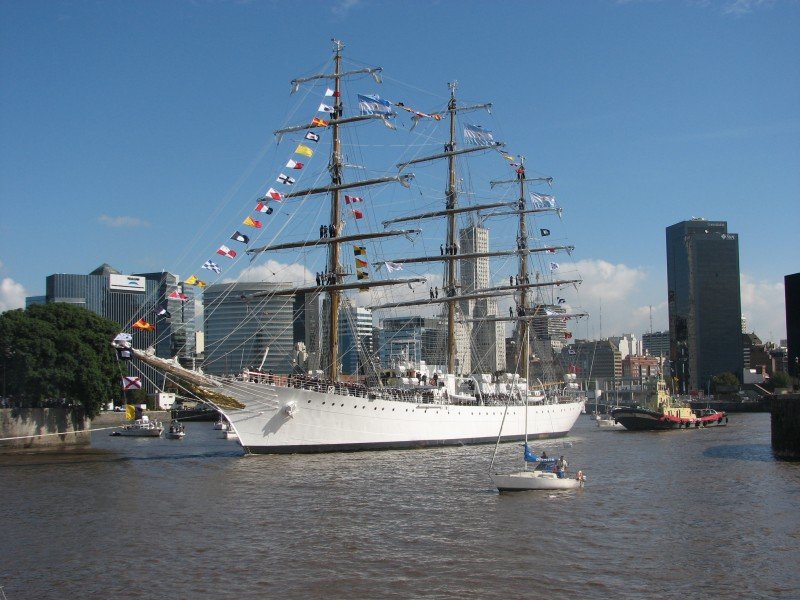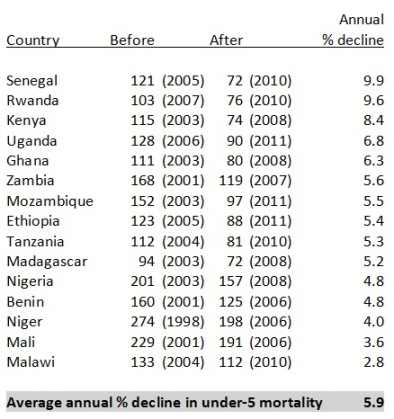Joseph R. Stromberg reviews The Land Grabbers: The New Fight over Who Owns the Earth, by Fred Pearce.
The Land Grabbers is a wonderful primer on the newest manifestations of an ancient form of plunder: the seizure of other people’s resources and destruction of their livelihoods. The author, Fred Pearce, is a well-established British environmental journalist. Here he surveys the ongoing alienation of allegedly “unused” or “underused” land in Africa, Latin America, East Asia, Russia, Ukraine, Georgia, Australia, and elsewhere at the hands of international corporations, both private and state-owned. Politicians in the affected countries are key partners in operations that resemble the late-19th-century scramble for control of Africa. The land grabs aim at enriching privileged companies and their political allies, usually at the expense of those already on the land. States, companies, and their frequent close friend, the World Bank, see no reason to respect sitting owners and resource users, whatever their rights under customary law and (sometimes) postcolonial statutes. Pastoral nomads get even less respect. In Tanzania, for example, governments and safari capitalists have reduced the traditional grazing lands of the Maasai herdsmen to a fraction of what they were. And in Ethiopia, the government’s “villagization” policy, Pearce writes, resettles peasant farmers “in the manner of Stalin, Mao, and Pol Pot,” clearing the way for deals with foreign capital.
Where agriculture is concerned, the effort goes forth under an ideology that claims that only industrial-scale farming, modeled on subsidized American agribusiness, can feed the world. The ideologues in question include John Beddington, chief UK government scientist; Paul Collier, former research head at the World Bank; and Richard Ferguson of the investment company Renaissance Capital, who hopes to see “industrial-sized farms of a million hectares.” To realize that vision, smallholders, hunters, gatherers, and pastoralists must get out of the way and submit themselves to wage-labor, wherever they find it. The ideology goes hand in hand with the form of globalization that relies on the power of the United States and some associated countries to dictate the contours of world trade. While the U.S. has toppled states seen as hostile to American business interests (as in Guatemala in 1954), today’s methods are often more subtle. They include USAID programs, American domination of World Bank policies, and a web of treaty obligations, especially international investment agreements.
Pearce is an environmentalist, but his book is not especially ideological. He’s more interested in presenting data. Wherever possible he has figures for acreage (or hectares) and tells us who did what to whom and where. He also faults wealthy environmental idealists and NGOs, noting that their parks and preserves can displace local people and their property, just like commercial hunting preserves, sugar plantations, logging operations, and the rest can.





